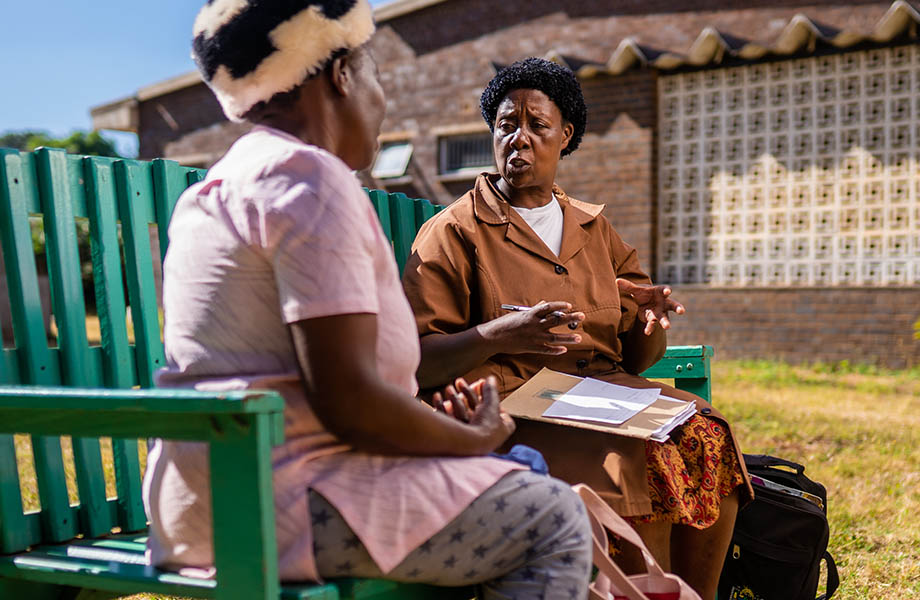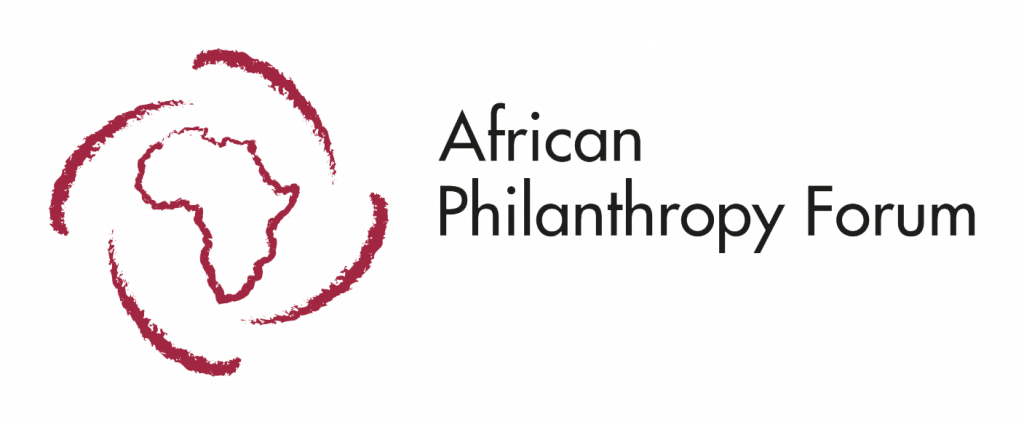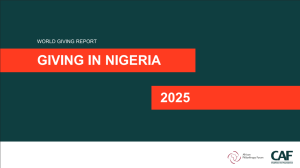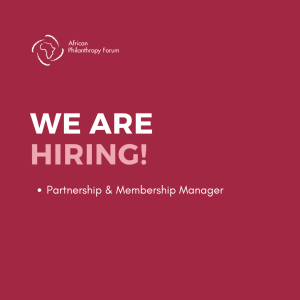
Through our work together, APF and Bridgespan have sought to better understand the nuances within the African philanthropic ecosystem, surface the barriers facing African NGOs as they seek funding from both African and non-African funders, and share workable solutions that exist to unlock more funding for African NGOs.
Four themes stand out from the research:
- Funding flows in Africa are diverse and multifaceted, flowing from different geographies and implemented through different vehicles. One of the implications of this complex ecosystem is that the reasons for the funding disparity faced by African NGOs vary between funder groups, particularly when comparing the approaches of African and non-African funders.
- The funding disparity flies in the face of a strong impact case for funding African NGOs. Not only do these organisations play a distinct role in the African civil society ecosystem, but also their proximity to the communities they serve imbues and empowers them with particular assets that enable them to deliver differential impact. These assets include a deep understanding of the local context, credibility amongst local stakeholders, and sustained impact through their continuous commitment to the communities they serve.
- The barriers preventing more funding from reaching African NGOs exist across the grant making process, from funders lacking targeted strategies to fund African NGOs and sourcing practices that are not designed to identify these organisations, to the provision of funding that does not ensure the long-term sustainability of African NGOs.
- There is growing urgency to overcome these barriers, with a number of funders adapting their approaches to unlock more funding for African NGOs. Among the driving factors for this momentum is the increased focus on racial justice globally and calls for localisation and the shifting of power within the social sector.
The ongoing COVID-19 pandemic has put a spotlight on the importance of ensuring that African NGOs are well funded. With many key international actors withdrawing from the continent at the onset of the crisis, Africa-based NGOs had to stretch already overextended budgets to augment government health and humanitarian interventions. If the role played by these organisations during the pandemic tells us anything, it’s that building robust, strong, supported, and effective local organisations is essential—as a means of not only responding to global crises, but also addressing the day-to-day and continuing needs of local communities battling poverty, global inequalities, the legacy of the past, and political and social challenges.
Download the Executive Summary of the Report here
Download the Report here


